
What Does It Mean to Be Emotionally Available? And, Why Trauma Makes it Complicated
People throw around "emotionally available" like it's a checkbox on a dating profile or something you can will yourself into becoming if you just try hard enough.
And if you've ever felt like you want to be close to people but something inside you slams the door shut? That way of thinking about it doesn't just miss the point, it can really reinforces shame.

7 Signs You Grew Up With Emotionally Immature Parents (And Why They Still Affect You)
Many people don’t realize they grew up with emotionally immature parents because nothing looked obviously “bad” from the outside.
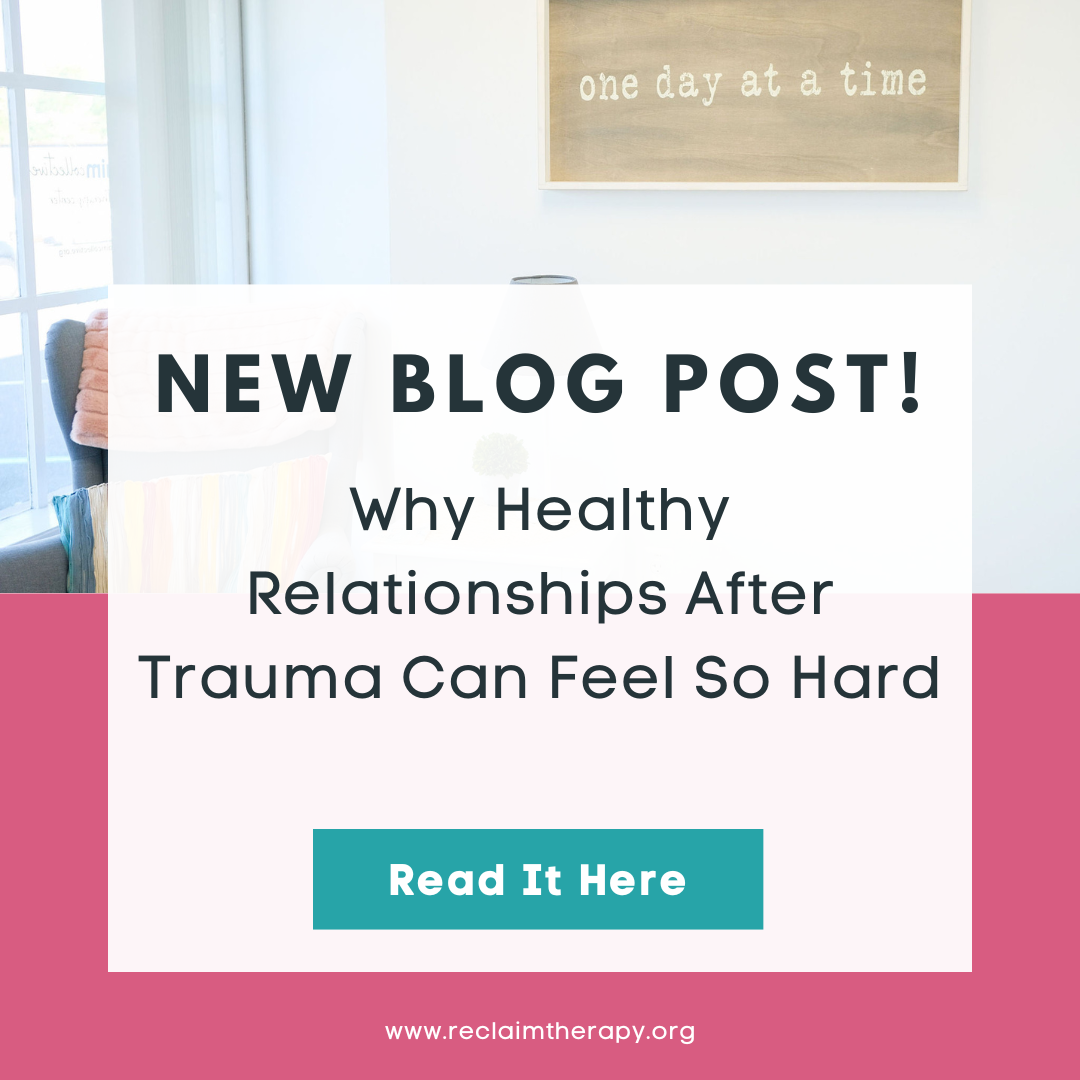
Why Healthy Relationships After Trauma Can Feel So Hard
There’s care. There’s consistency. There’s effort on both sides. And still, something in the body stays tense. Or shut down. Or carefully waiting for the other shoe to drop.
If that’s familiar, it’s not because you don’t know how to be in a relationship.

30 Overlooked Childhood Trauma Experiences (That Shape Us As Adults)
Most people think trauma means obvious harm.
The yelling. The chaos. The physical or sexual abuse.
But for so many adults healing from complex trauma, the story is much quieter. It is subtle. It hides in what didn’t happen. It shows up in the emotional gaps you learned to work around as a child.

How Childhood Emotional Neglect Creates CPTSD
It shows up as a hollowness you can’t quite name. A loneliness you carry even when you’re surrounded by people who love you. A sense that you should be fine on paper, but inside… something still hurts.

Adult Children of Emotionally Immature Parents and the Four Types of Parents That Shaped Them
You just spent two hours listening to your friend's breakup drama, gave thoughtful advice, held space for all their feelings. And now you're sitting in your car feeling... empty. Exhausted. Like you just ran a marathon you didn't sign up for.
And here's the kicker: when they asked "But how are YOU doing?" you said "I'm good!" without even thinking about it.
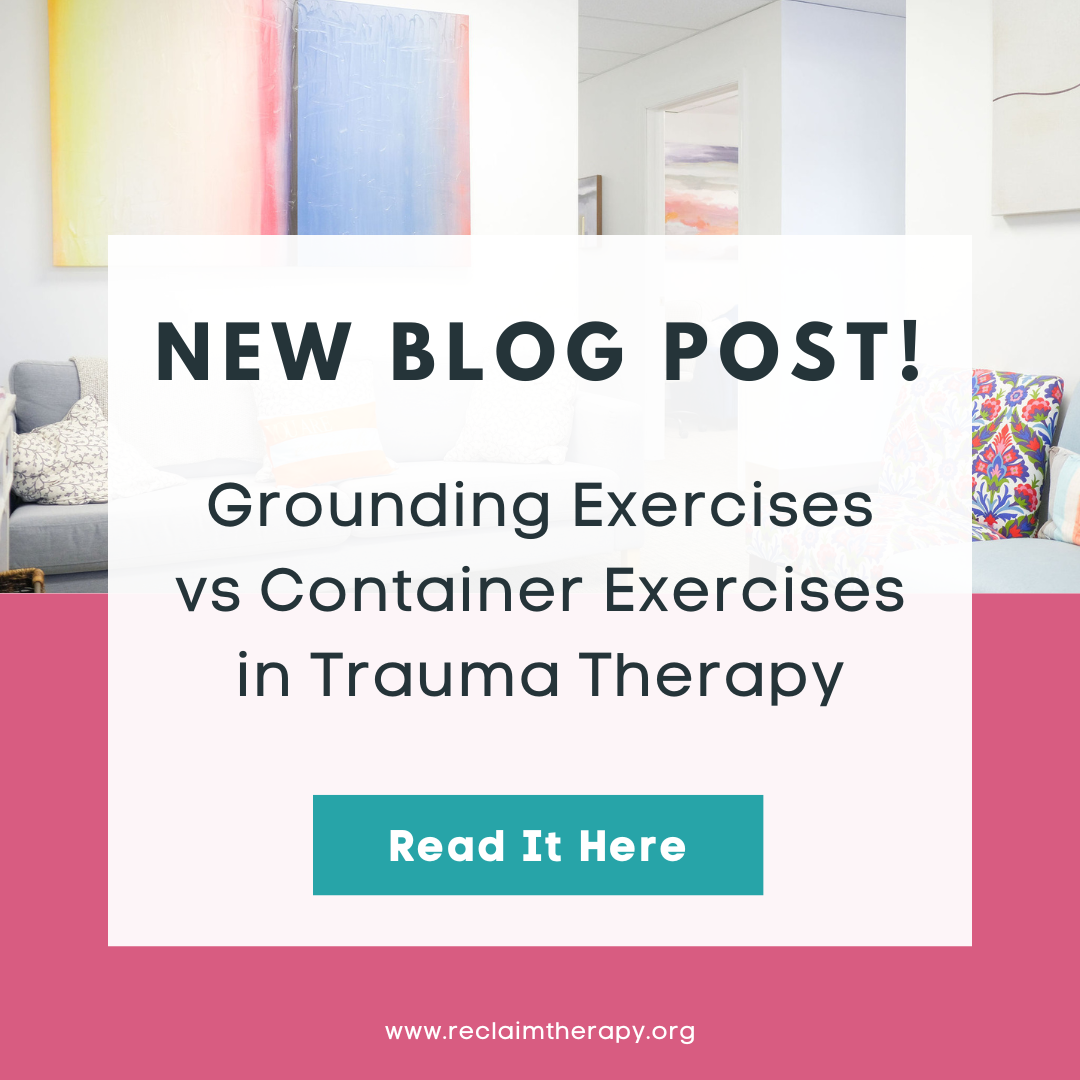
Grounding Exercises vs Container Exercises in Trauma Therapy
The thing is, grounding exercises and container exercises aren't interchangeable.
They do completely different things. And knowing which one to use when can make the difference between actually feeling better and spinning your wheels.

How to Be Direct Without Being Rude
You know that moment when someone asks you for something and you immediately say yes, even though every cell in your body is screaming no?
Or when you spend twenty minutes crafting a text message because you're terrified of coming across as "difficult"?
Yeah. I see you.

What Is Radical Acceptance? A Trauma Therapist's Guide to Actually Practicing It
You know that feeling when your brain just won't stop replaying the same thought?
"This shouldn't have happened. This isn't fair. If only I had done something different."
Round and round, like a song stuck on repeat that's slowly driving you insane.

Are You Bypassing or Processing Your Emotions?
There's a particular brand of self-help that's really just self-abandonment with aesthetic marketing.
And, if you've been doing all the “right” things but still feel like you're dragging a boulder uphill, you might be caught in it.

Hyper vs Hypo Arousal Explained by a Somatic Therapist
You know that feeling when your nervous system is like a smoke alarm that won't shut off?
Heart pounding, thoughts racing, jaw clenched so tight you could crack a walnut?
Yeah, that's one end of the spectrum.
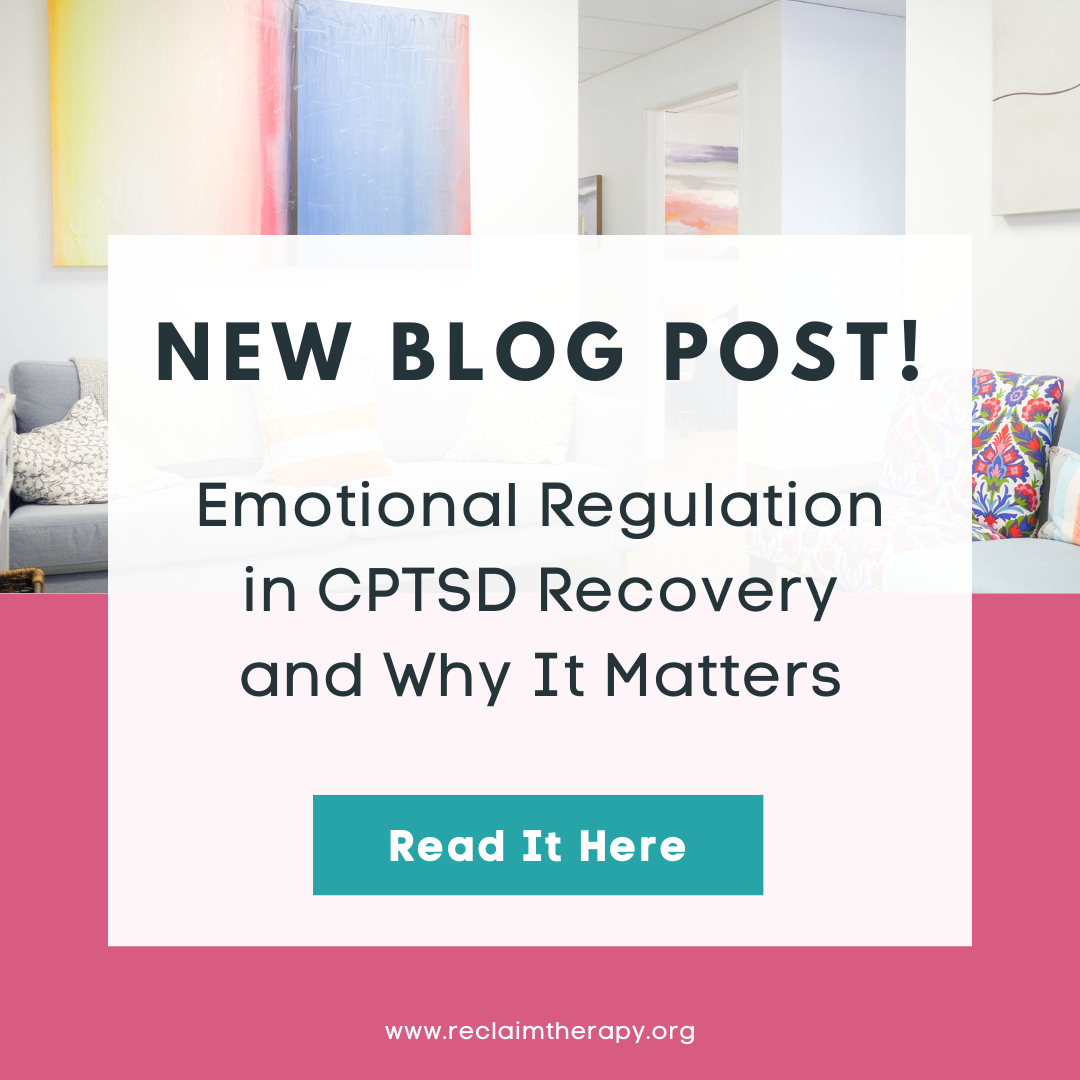
Emotional Regulation in CPTSD Recovery and Why It Matters
Emotional regulation (the thing everyone keeps telling you to work on) isn’t about controlling your feelings or becoming some perfectly balanced human who never loses their cool. It’s about your body finally feeling safe enough to experience what you’re feeling without either exploding or going completely offline.

Pendulation in Yoga for Nervous System Healing
That noticing created a tiny pause, just enough space to shift my attention to the changing colors all around me. Reds and oranges and that specific shade of yellow that only happens in October.
A deeper breath came in. My shoulders dropped half an inch.

How to Build Self-Trust (Especially After Trauma and Emotional Neglect)
You know that feeling when you’re standing in front of the cereal aisle, frozen, because you can’t decide which box to buy? Or when someone asks what you want for dinner and your brain just… blanks?

Where to Find Trauma Support in Montgomery County, PA: EMDR and Beyond
Maybe you’ve been putting off looking for help because you don’t even know where to start. Or you’ve tried therapy before and it didn’t quite land, so now you’re hesitant to try again. You know you need something, but the options feel endless and confusing. Do you need a therapist? A support group? Something else entirely?
Here’s what I want you to know: you don’t have to figure this out alone.
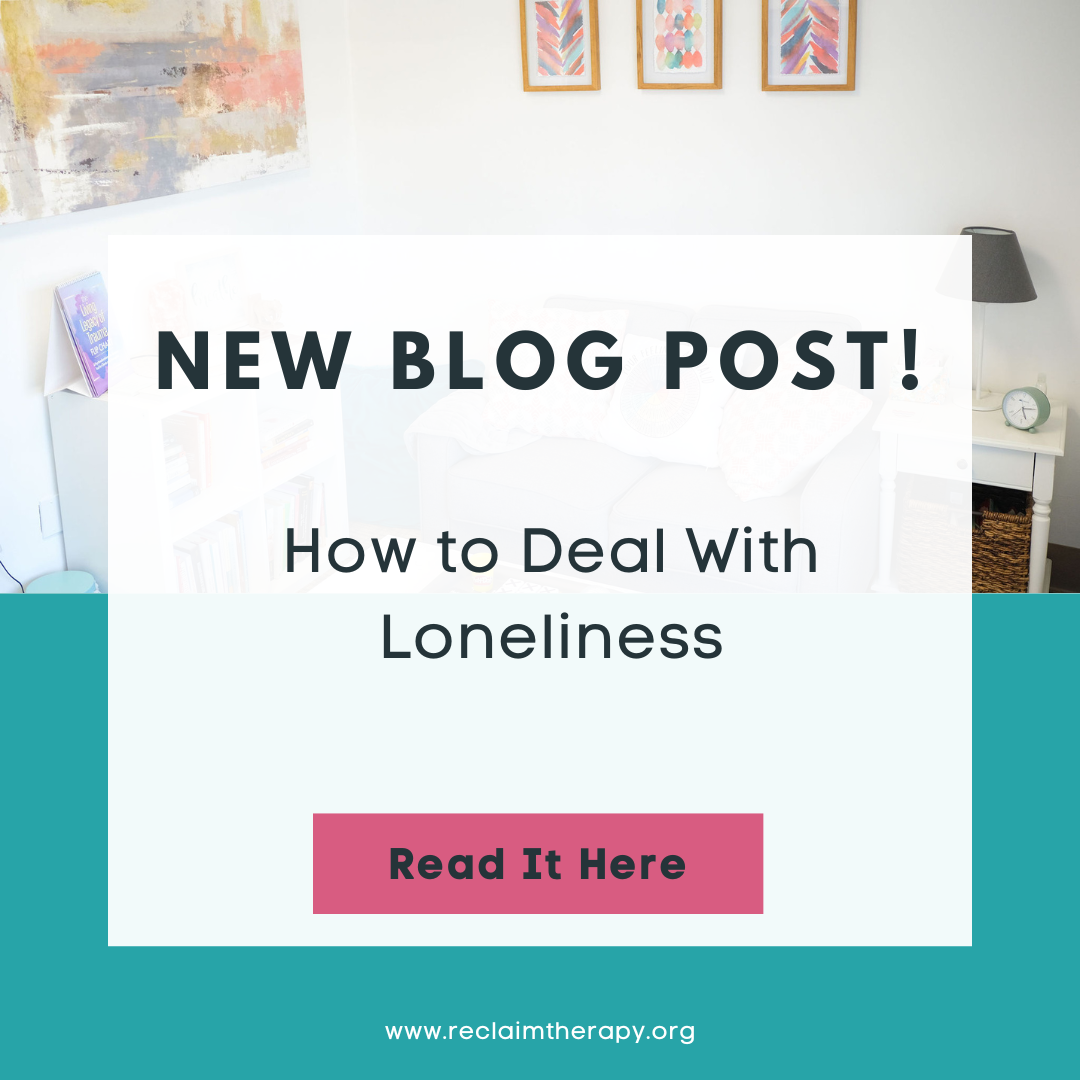
How to Deal With Loneliness
It can feel so painful when it feels like loneliness just.won’t.let.go.
Friend, you’re absolutely not alone in this.
Real talk… loneliness has become an epidemic.
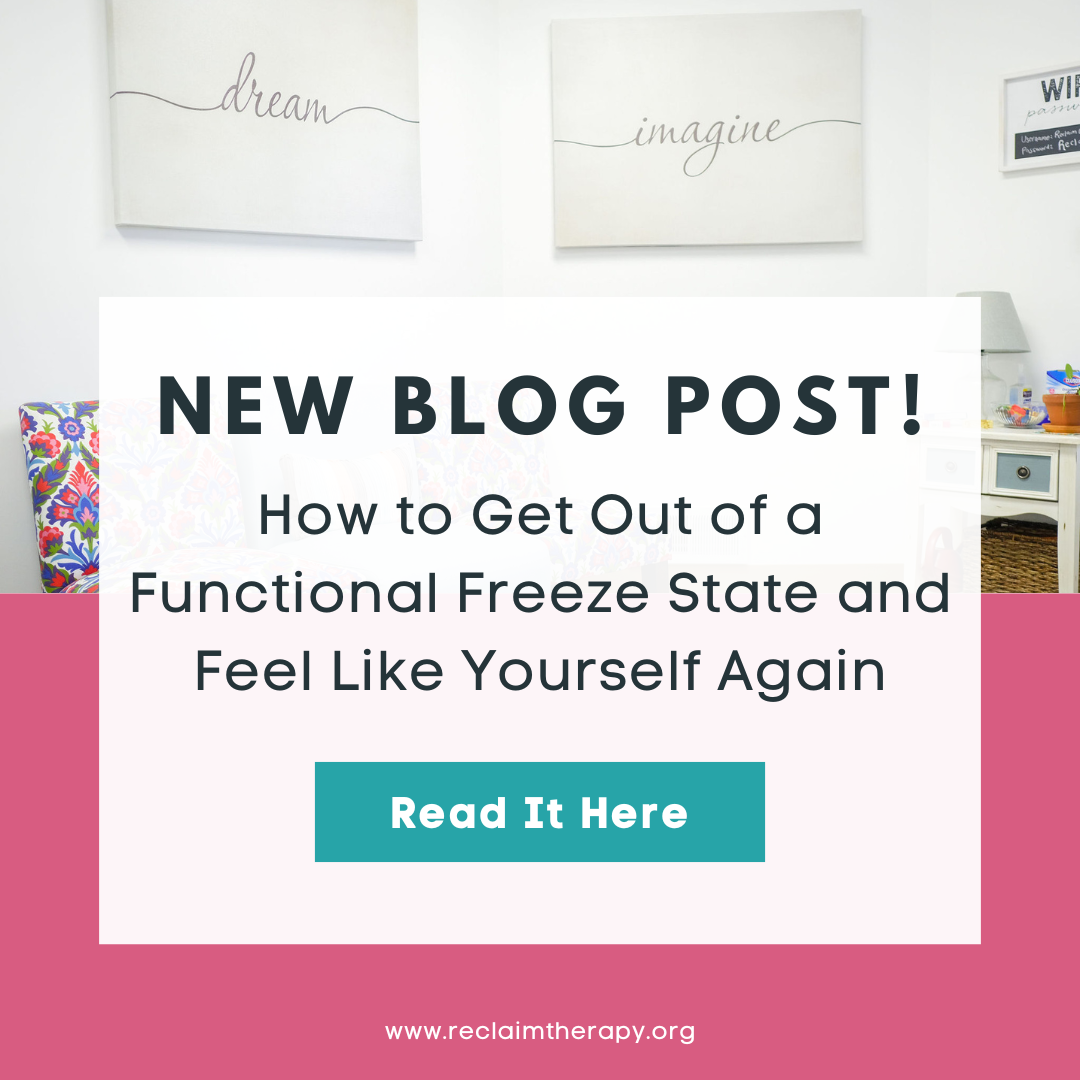
Understanding Functional Freeze Symptoms & How to Get Out of a Functional Freeze State
Emails answered, kids fed, bills paid, that work project submitted on time. From the outside, you've really got your shit together.
But inside? You feel like you're watching your own life through foggy glass, going through the motions while some essential part of you has quietly slipped away.
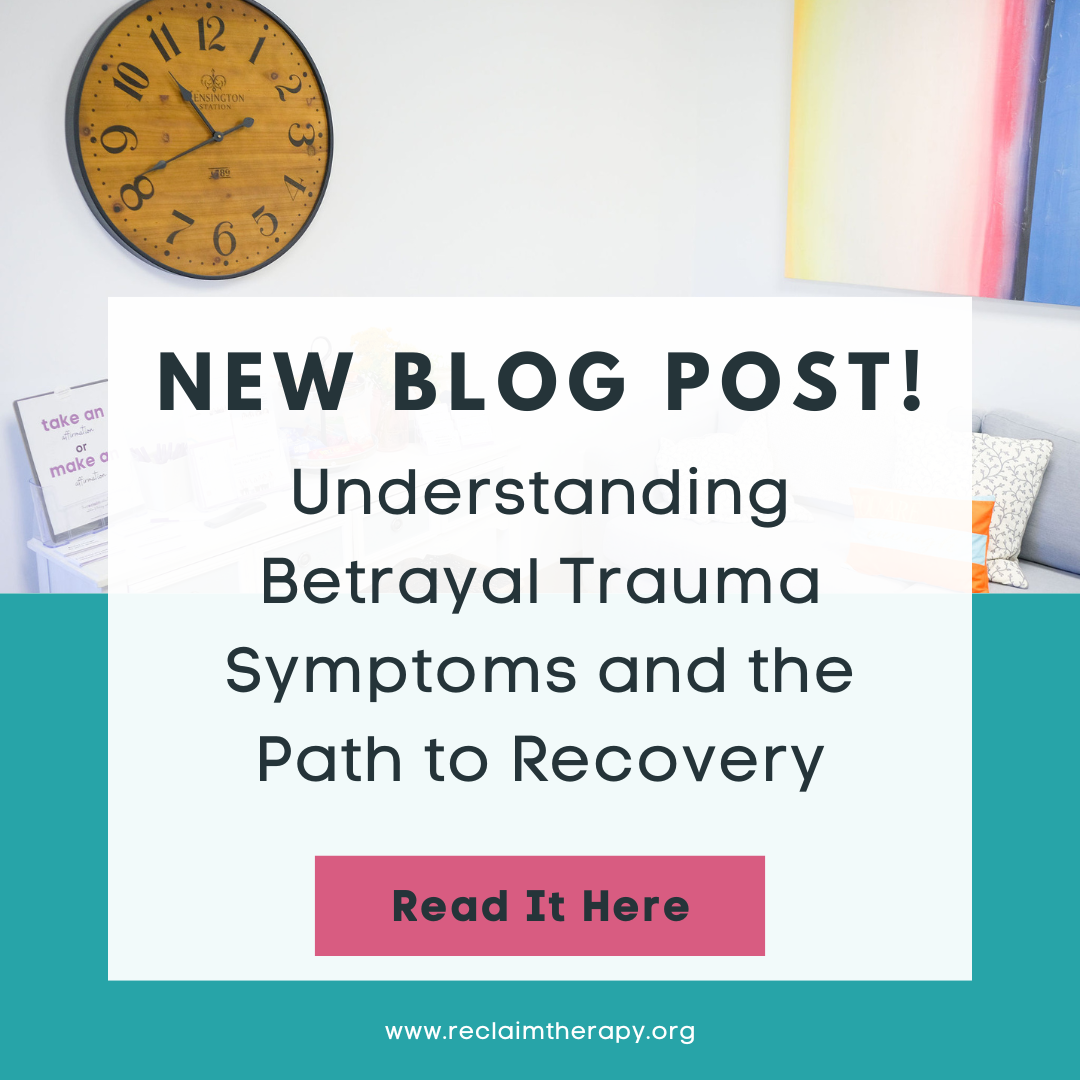
Understanding Betrayal Trauma Symptoms and the Path to Recovery
Betrayal trauma isn't just heartbreak.
It's your body losing its blueprint for safety.
This isn't ordinary loss. This cuts at the core of what it means to be human; our need for trust, safety, and belonging.

Depersonalization-Derealization Disorder Explained by a Trauma Therapist
Have you ever been going about your day making coffee, answering emails, having conversations but felt like you were watching it all happen from somewhere else? Like you were floating above your own life, present but not really there?

Yoga Poses to Release Trauma in Hips and Support Emotional Healing
Yoga teachers often talk about hips as "storage places" for trauma, but the reality is more nuanced than that. Trauma isn't literally stuffed into your hip muscles like your clothes in a closet. What's actually happening is far more fascinating.
